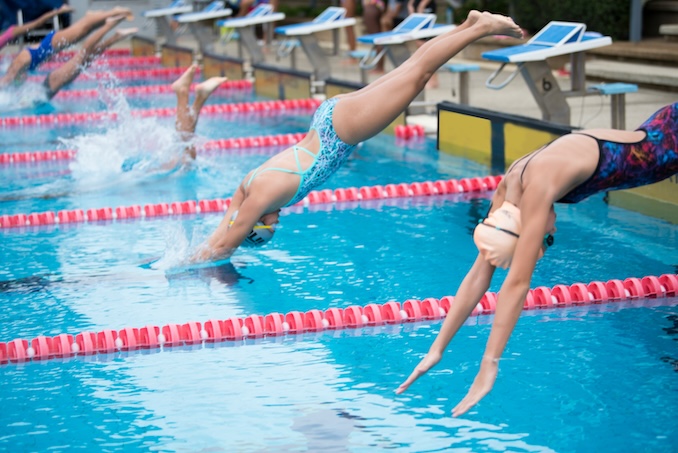In the world of sports, the cornerstone of any athlete’s success lies within the realm of proper nutrition. A carefully tailored diet ensures that the body’s engine remains well-oiled and ready to fire on all cylinders when it’s time to perform. Unlocking the full potential of your athletic prowess requires more than just training; it demands a holistic approach to the fuel that powers your body.

Understanding Macronutrients in Sports Nutrition
To start, an athlete must have a solid grasp of macronutrients—carbohydrates, fats, and proteins. Carbohydrates are the primary energy source during workouts. Proteins, crucial for muscle repair and growth, must be consumed in adequate amounts as part of an athlete’s diet.
The Importance of Protein in an Athlete’s Diet
Now, when considering proteins, we are often bombarded with a plethora of choices, each with its unique benefits. One question athletes frequently ask is, “how much protein is in greek yogurt?” and this query is significant because Greek yogurt has become a staple in many athletes’ diets.
A good source of in nutrients, this dairy marvel packs about 10 to 20 grams of protein per 175 grams serving (depending on the brand and type), making it a satisfying snack or meal addition that contributes to repairing muscles. If you are looking for new Greek yogurts, we recommend the full range of Oikos yogurts.
Selecting High-Quality Proteins
Identifying and including high-quality proteins in your diet is non-negotiable for performance. Besides Greek yogurt, other lean protein sources like chicken, turkey, fish, and plant-based options like soybeans and tofu are also pivotal for a champion’s nutrition plan.
Timing Your Protein Intake
Eating protein is not just about quantity; timing matters too. Post-exercise, getting protein in your body will help your muscles rebuild and repair. Hence, a post-workout meal with a suitable protein source is indispensable for recovery.
The Role of Carbohydrates and Fats
While protein often gets a spotlight in sports nutrition, let’s not overlook the essential roles of carbohydrates and fats. Carbohydrates, stored as glycogen in the muscles, are your go-to fuel for all activities. Optimal replenishment with healthy sources, such as yogurt with fruits, smoothie, sandwiches, pasta, rice with stirfry chicken/tofu and vegetables, is essential to replenish energy levels.
Fats for Fuel and Health
Conversely, fats, though less efficient as an immediate energy source, are a fuel available for longer, less intense exercises, along with carbohydrate. Incorporating healthy fats from nuts, seeds, avocados, and olive oil supports endurance and provides vital fat-soluble vitamins necessary for athletic health.
Hydration and Sports Nutrition
In any conversation about sports nutrition, hydration stands out as a key player. Maintaining proper fluid balance is pivotal to both performance and recovery. Water facilitates nutrient transport, waste removal, and temperature regulation during exercise.
Electrolytes for Enhanced Performance
In addition to water, replenishing electrolytes like sodium, potassium, and magnesium is critical, especially for athletes who sweat heavily. These minerals help sustain muscle function and prevent cramping during extended periods of physical exertion.
Tailoring Your Nutrition Plan
Every athlete is unique, with individual dietary needs. A one-size-fits-all approach simply does not work. Factors such as the type of sport, duration and intensity of training, and individual metabolism must all be considered when crafting a nutrition plan.
Consulting with a Sports Dietitian
Working with a sports dietitian can provide personalized dietary guidance. They’ll assist in calculating the right macronutrient ratios, recommend timing strategies for meals and snacks, and design supplementation plans if necessary to fill any nutritional gaps in your diet.
Smart Snacking for Sustained Energy
Integrating smart snacks is also a strategic move to keep energy levels consistent. Portable and nutrient-dense options like nuts, whole fruit, or a high-protein Greek yogurt can offer the complement you need for training or competition.
The Mind-Body Connection
Lastly, the psychological aspect of sports cannot be underestimated. A nutritious diet can positively affect not only physical performance but also mental sharpness and focus, both crucial for a champion’s mindset.
Embark on this nutritional quest not just to feed your body, but to fuel your dreams as a champion. With each meal and every snack, you’re nourishing the relentless drive and unwavering spirit that defines a true athlete. Bon appétit and here’s to your peak performance!

